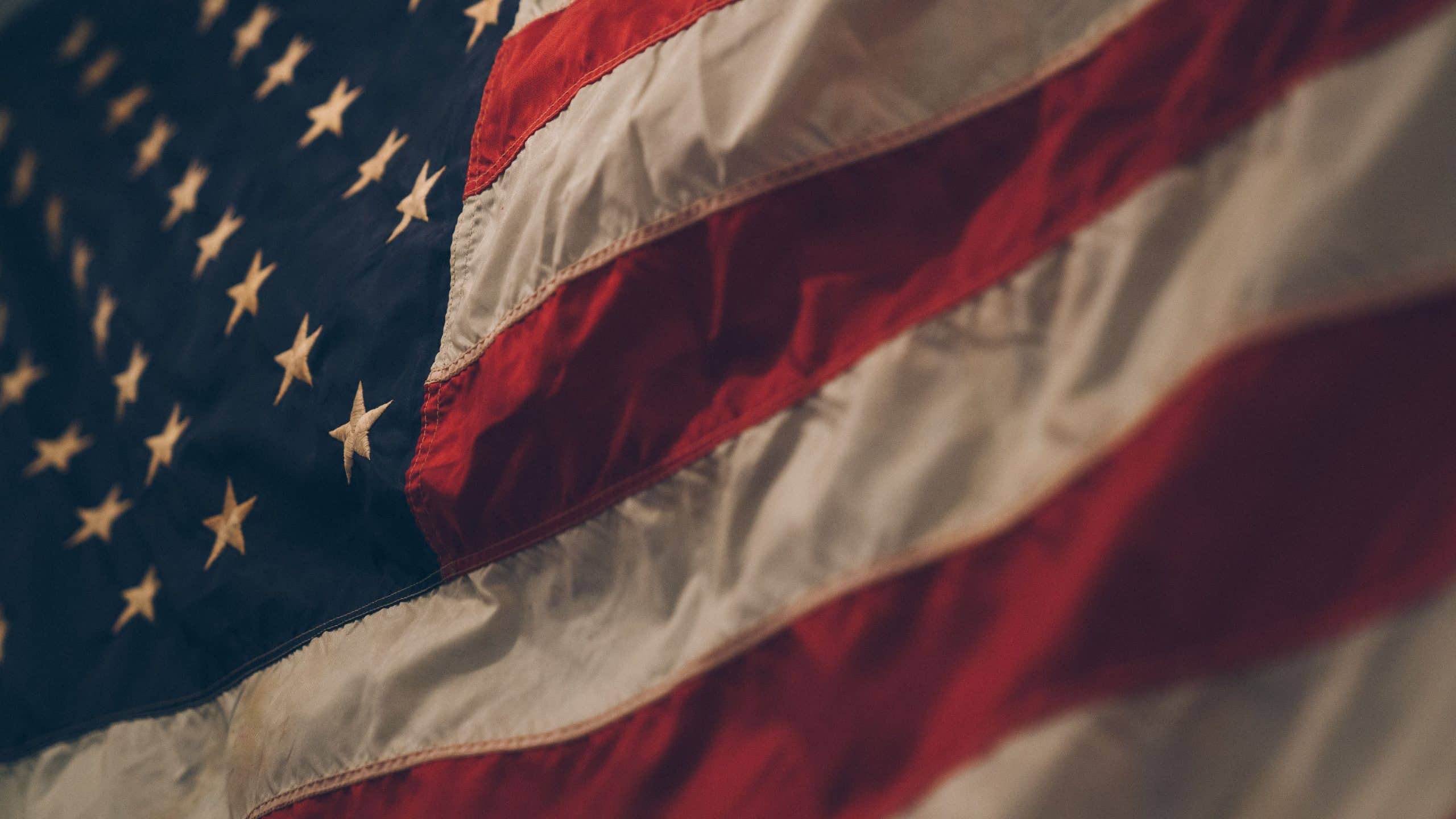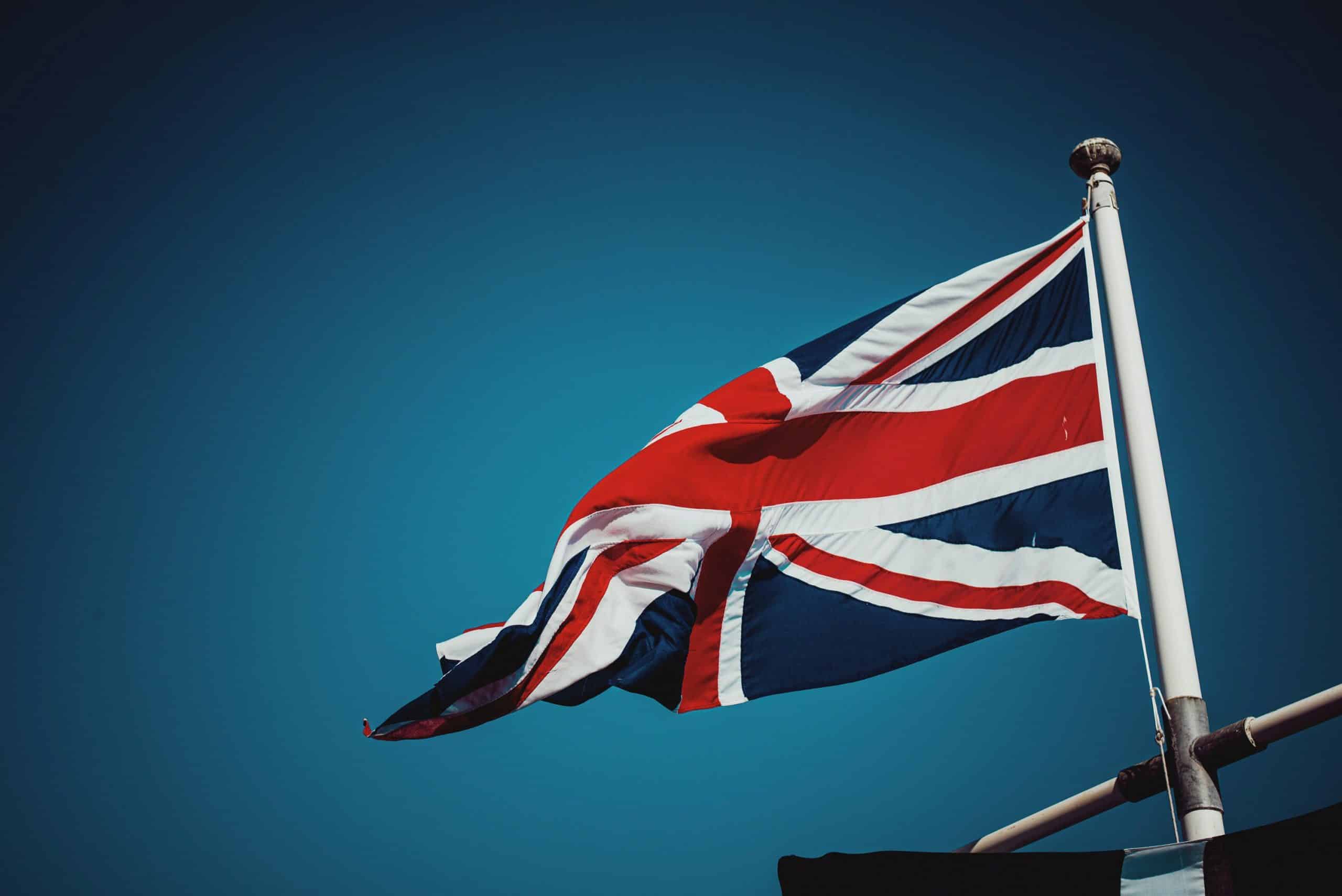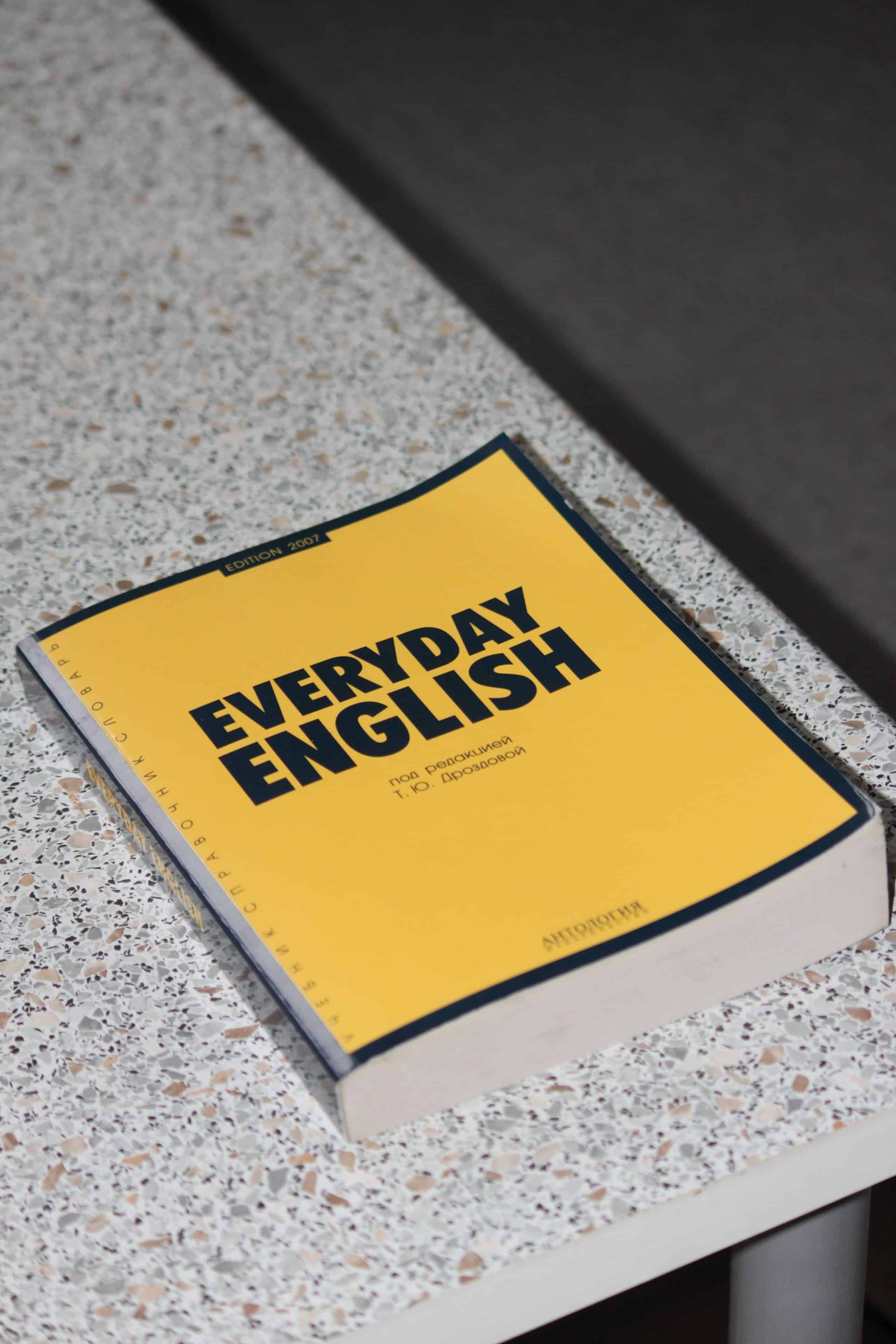Table of Contents
English is arguably the most well-known language across the globe. Spoken by over 1.35 billion people, it has more than 160 different dialects around the world, with American and British being the most popular. The United States and the United Kingdom, two of the most powerful countries in the world, have a strong influence over the rest of the population. Moreover, their culture, practices and day-to-day life are actively represented through different forms of media, like movies, web series, and social media platforms. However, this portrayal also includes a plethora of jargon and slang. Understanding these references becomes crucial if you’re a non-native speaker learning English for educational purposes or to move abroad for a job. We have compiled the significant differences between American slang vs British slang with examples and usage. Read on to find out!
Understanding Slang
Slang typically refers to unconventional and informal words or phrases specific to certain groups, ethnicities or communities. They are often used in casual conversations to indicate sarcasm, wit, criticism, euphemism, ridicule or playful mockery. Slang can also be used to address taboos more sensitively or portray intimacy and affection. In simple terms, slang is words that have developed over time to match the evolving culture and traditions. Its significance increases because of the role it plays in everyday conversations. Slang becomes a means of identification and individuality since communities often employ it as a whole. Not only does it denote intimacy among the particular community, but it also enhances conversation with nuance and humour. Lastly, slang keeps the language evolving and dynamic.
Slang is usually formed using figures of speech, like metaphor, simile, hyperbole, or euphemism in day-to-day language. Over time, as the cultural background of any location changes, the everyday phrases adapt as well. Moreover, phrases are often borrowed from other languages and dialects. As the generation moves ahead, the influence of other languages, ethnicities and pop cultures encourages more development of slang. People also tend to use it to demonstrate their creativity. The difference between American slang vs British slang becomes more comprehensible once we understand the origin and effects of slang.
American Slang

Definition And Characteristics
When comparing British vs American slang, we begin with the latter’s distinct characteristics. The uniqueness of American history stems from a constant blend of ethnic and social minorities, which makes it difficult to trace the exact origin of this slang. More recently, American slang also includes more influence on LGBTQA+ culture. This cultural diversity, pop culture and regional variations contribute heavily to the evolution of American slang. Additionally, it tends to be more informal and direct. History, too, plays a role in American slang. For instance, ‘losing one’s temper’ evolved into phrases like ‘going nuclear’ or ‘having a meltdown’ after the rise of atomic power.
Examples Of American Slang
A list of some of the most popular American slang words and phrases with their meanings and usage is compiled below –
- Get their goat – To make someone irritated or angry.
He got my goat after snatching my books. - Spill the beans – To reveal secret information about someone.
Why would you spill the beans about her wedding? - Pass the buck – To shift responsibility to someone else.
People tend to pass the buck after making a mistake on the project. - Take a rain check – Used to decline an offer politely.
Do you want to get dinner tonight?
– Oh, can I take a rain check? - Feeling blue – To express extreme sadness or depression.
I have been feeling blue since the results of my experiment were inconclusive. - Bail – To cancel plans/leave abruptly.
I can’t believe he bailed on us! - Couch potato – Someone who avoids physical exercise and spends most of their time sitting.
Summer vacations have turned me into a couch potato. - Buck – One dollar.
I want to buy that book. How many bucks is it? - Drive up the wall – To annoy or irritate.
His constant silly mistakes drive me up the wall.
- For real – Truthful or honest.
Barbie collected more Box Office than Oppenheimer on the first day.
– Is that for real? - Hyped – Overly excited.
Everyone is unbelievably hyped for Barbenheimer! - Hang out – To spend time in a social setting.
I love hanging out with you all. - Keep it real – To be true to yourself.
When interacting with new people, it is essential to keep it real. - Jacked – Stolen.
All his stuff was jacked from his desk. - Bazillion – Used to denote a large number.
There are a bazillion stars in our universe. - No biggie – Not a big deal.
I am so sorry for spilling your drink!
– Chill! It’s no biggie!
- Give it a shot – To try something.
It’s always better to at least give it a shot rather than give it up completely. - Outta here – To leave quickly.
This situation seems murky. I’m outta here. - Laid-back – Calm and relaxed.
I love how laid-back she is. - Good to go – Ready, all set.
Let me print the bill, and you guys are good to go!
Usage In Media And Pop Culture
Because of Hollywood, American slang greatly influences the global population. Since most American movies, TV shows, documentaries and music albums are released worldwide, the slang used in them becomes more popular and familiarised around the world. This exposure also has advantages since the global audience becomes more accustomed to American English and its slang. Social media platforms like Instagram, Twitter, Threads and Snapchat enjoy an international platform too, due to which more local language is introduced across the globe. Over time, regional populations, especially the youth, incorporate these phrases and terms in their everyday language, and cultural homogenisation occurs. However, misinterpreting these slang phrases and words may create misunderstandings leading to different conclusions in the same context.
British Slang

Definition And Characteristics
Next to discuss in American slang vs British slang is the latter, its origin, examples and usage. Contrary to American slang, British slang is more influenced by historical references. While the former arises from an amalgamation of ethnic and cultural minorities, the latter is often based on class-based variations. It is also more playful and creative and includes rhymes. It is believed by linguists that British slang has a strong influence from Polari – a secret language used by homosexuals in the mid-20th century. British people also tend to incorporate more colloquial expressions that might make British English comparatively more difficult to understand.
Examples Of British Slang
A list of some of the most popular British slang words and phrases with their meanings and usage is compiled below –
- Taking the Mickey – To make fun of someone.
Don’t be disheartened! He’s just taking the mickey! - Bob’s your uncle – Used to denote how easy it is to achieve something.
Add two cups of water to the mix, heat it for five minutes, and Bob’s your uncle, the soup is ready. - Gutted – To be disappointed.
He was quite gutted after his job interview didn’t work out. - Dull as dishwater – Very boring.
Professor Longbottom’s coursework is as dull as dishwater. - Does what it says on the tin – Expected performance.
It was an impressive dance, but she basically did what it says on the tin. - Cheap and cheerful – Budget-friendly.
Our last summer trip was cheap and cheerful. - Bog-standard – Ordinary, monotonous.
Although that pub is bog-standard, I like its calm, peaceful vibe. - Curtain-twitcher – Nosy neighbour.
I want to move places soon. I’m living beside a curtain-twitcher! - Nicked – Stolen.
My wallet got nicked on the train this morning. - Cheerio – Goodbye.
I’ll see you tomorrow.
– Cheerio! - Effing and blinding – Cursing.
She hit her toe on the table, and now she’s effing and blinding! - Full of beans – Energetic and vibrant.
The new interns are full of beans. - For crying out loud – Used to express one’s irritation or impatience.
For crying out loud, could you send the correct data on the expense reports? - Flogging a dead horse – To try to solve a problem whose solution doesn’t exist.
We need to focus on something else. Working on this project is like flogging a dead horse. - Gobsmacked – Amazed.
The juggler’s skills totally gobsmacked me! - Hammered – Drunk.
Everyone got pretty hammered at the party last night. - Keep your hair on – Used to tell someone to calm down when they unnecessarily get too angry or excited.
We might not get the tickets to the movie for this weekend. Keep your hair on for now. - Put a sock in it – Shut up.
It was a silly mistake. Can you put a sock in it? - Wee – Small/tiny.
We seem to have encountered a wee problem.
Usage In Media And Pop Culture
Some of the most popular forms of British pop culture include royal family shows, Sherlock Holmes, and similar TV shows. Since British slang is heavily motivated by its history, the slang terms used in these movies or shows vary according to the period they’re set in. Additionally, British literature has a profound influence across the globe. Authors like Roald Dahl, JK Rowling, and Jane Austen are equally responsible for popularising British slang. Moreover, several comics like Ricky Gervais, Jimmy Carr and Monty Python have a worldwide following, which further encourages its use. British slang can be quite tough to understand when taken out of context. However, it incorporates a distinct playfulness and creativity in the language.
Comparing American Slang Vs British Slang

Vocabulary & Expressions
Several common words in English dialects have the same origin but different meanings or usage due to regional and cultural differences. It can be difficult to comprehend what it means when no context is available. We come across similar instances when comparing American slang vs British slang. Some of these prominent differences are elaborated in the table below.
| Phrases Or Terms | Meaning In British Slang | Meaning In American Slang |
| Geezer | A man | A derogatory term used for old men |
| Trainer | Sneakers, shoes | Fitness expert |
| Jumper | A sweater | Someone who is attempting to jump from a height |
| Rubber | Eraser | Contraceptive |
| Casket | Jewellery or antique box | Coffin |
| Chips | Similar to french fries | Thinly sliced potato crisps |
| Biscuit | Cookie | Buttery bread |
| Chaps | Men | Leather leggings worn during horseriding |
| Pissed | Drunk | Angry |
| Bog | Public bathroom | Muddy grounds |
| Fill someone in | Assault someone | Give someone the details |
Similarly, certain common words in English have different everyday terms in American slang vs British slang. For someone learning English, it is essential to understand the meaning and appropriate terms in each dialect. Refer to the table below to get an idea.
| Meaning | British Slang | American Slang |
| Man | Bloke | Dude |
| Toilet | Loo | Restroom |
| Drunk | Pissed | Wasted |
| The sweet course at the end of the meal | Pudding | Dessert |
| Upset | Gutted | Disappointed |
| Fuel | Petrol | Gas |
| The season when it starts to get cold | Autumn | Fall |
| Rear storage in the car | Boot | Trunk |
| Delighted | Chuffed | Pleased |
| Beautiful | Fit | Fine |
Pronunciation And Accent
As is well known, American and British accents have a significant difference, which arises due to intonation and varying stress on the syllables of a word. The most obvious distinction is the ‘r’. In US English, people tend to roll their ‘r’s but pronounce them vividly. On the other hand, in UK English, ‘r’ in any word is typically silent. Another key reason is pronunciation. Americans pronounce certain words quite differently when compared to the British. For example –
- Zebra –
American English – [ zee-bruh ]
British English – [ zeb-ruh ] - Figure –
American English – [ fig-yer ]
British English – [ fig-er ] - Schedule –
American English – [ skej-ool ]
British English – [ shed-ool ] - Lieutenant –
American English – [ loo-ten-uhnt ]
British English – [ lef-ten-uhnt ] - Missile –
American English – [ mis-uhl ]
British English – [ mis-ahyl ]
Accents can significantly impact the perception and understanding of slang. Pronunciation of slang terms can vary depending on regional accents of the same dialect as well. Misinterpreting them or the inability to understand their meaning or context can lead to confusion. Moreover, since accents often shape the context and cultural references of slang, their importance while learning slang increases manifold. Because of these hurdles, understanding slang in a different accent requires additional efforts like active listening and cultural awareness. However, accents also add the necessary cultural background and authenticity to the use of slang. It imbibes a sense of belonging and identity to the community.
Cultural Context And References
The evolution of slang terms occurs through history, minorities, varied communities and, of course, the constantly evolving culture. Most slang terms or phrases arise because of certain cultural connotations or references. At such times, one must understand these to comprehend the context and meaning of the slang accurately. For instance, ‘dude’, ‘FOMO – fear of missing out’, ‘YOLO – you only live once’, and ‘Bling – extravagant jewellery’ are all slang derived from the present American culture. Similarly, ‘chuffed’, ‘cuppa – cup of’, ‘gutted’, and ‘chuffed’ are examples of British cultural slang.
To comprehend American slang vs British slang, one must prioritise the analysis of cultural differences to understand them better. It becomes challenging to realise the slang used in everyday American and British idioms in the appropriate context if we miss out on the apt cultural reference. Hence, cultural context and references are paramount when learning slang terms.
Impact On Communication And Language Learning
Using slang in everyday conversation is the best way to stay up to date with the language’s evolving trends and dynamic nature. It also allows people to incorporate informality and colloquialism into the exchange. People from the same background get the opportunity to feel closer through cultural slang. Also, it is a great way to include humour and irony in the day-to-day routine. Since slang usually involves current trends and social changes, it reflects the constantly evolving social habits and customs.
However, it also poses a few challenges. Non-native speakers learning American slang vs British slang can follow a few practices to get better at it.
- Slang reflects the current change and cultural shifts. Therefore, introduce yourself to recent and up-to-date literature, movies, TV shows and music. Moreover, focus on the context of their usage to comprehend the meaning in-depth.
- Refer to online dictionaries and similar resources for more exposure.
- Practise with native speakers as much as possible to avoid misuse.
- Slang can be specific to different regions and dialects. It is important to consider these differences and their usage.
- Take into account whether slang terms can be used in professional and formal settings. If not, practise their usage in the appropriate context.
Conclusion
Although subtle, the differences can be observed quite well when comparing American slang vs British slang. The former is largely based on the communities, minorities and different ethnicities in the country, while the latter is derived from history and social class distinctions. Understanding this slang can be difficult because of the differences in accent, pronunciation and spelling in both dialects. However, slang is a significant component of the English language as a whole in either form.
FAQs
Q1. What are the main differences between American slang and British slang?
Ans: This question explores the fundamental distinctions in vocabulary, pronunciation, and usage between American English slang and British English slang.
Q2. Can American and British slang be interchangeable?
Ans: This FAQ delves into whether certain slang terms can be used interchangeably between the two dialects or if they retain their distinct regional meanings.
Q3. Are there any similarities between American and British slang?
Ans: This question highlights any shared slang expressions or colloquialisms between American and British English, despite their differences.
Q4. Is it advisable to use slang in formal settings or professional communication?
Ans: Here, the focus is on the appropriateness of using slang in formal contexts, such as business meetings or academic presentations, in both American and British English.
Q5. How does exposure to American and British pop culture influence slang usage?
Ans: This FAQ explores how exposure to movies, TV shows, music, and social media from the US and UK affects the adoption and understanding of slang in everyday conversation.
Thank you for reading our guide to ‘American Slag vs British Slang’! Let us know your thoughts in the comments section below.
If you found this blog helpful, check out other similar ones on our website –











0 Comments